Snow Vision Accelerator
The Snow Vision Accelerator is a partnership with the University of Sydney, with a landmark $50 million commitment from the Snow Family over 10 years to fight glaucoma, the world’s leading cause of irreversible blindness.
Led by globally renowned ophthalmologist, Professor Jonathan Crowston and located at the world class Charles Perkins Centre, the Accelerator will bring together a team of leading Australian and international researchers. Commencing operations on 1 July 2025, the Accelerator is expected to employ more than 40 scientists, clinicians and staff within the first five years.
The Accelerator supports a world class team of scientists based at the University of Sydney, including:
-
- Professor Jonathan Crowston (principal investigator)
- Dr Katharina Bell
- Associate Professor Clare Fraser
- Dr Ridia Lim
- Dr Andrea Loreto
- Dr Volker Patzel
- Associate Professor Ben Sivyer
- Professor Jean Yang
This partnership is committed to excellence, and urgency. It leverages high-risk, high-reward science, the University of Sydney's capacity, and long-term Snow family investment to create transformative health and medical outcomes for patients.
- Accelerated translation and impact: by putting in place structures to support impact focussed research teams and accelerate transformation in glaucoma therapy.
- Urgency: Honouring the legacy and intent of the late Terry Snow AM, the Accelerator will operate at speed and will actively work to remove barriers to research and its translation.
- Excellence: The Accelerator will uphold the highest research standards, striving for world-class achievements in every aspect of our work.
- Innovation and Risk: The Accelerator embraces flexibility and change, with the science leading the direction, fostering a multidisciplinary, entrepreneurial environment that values calculated risk and bold solutions.
- Openness and Collaboration: The Accelerator will operate transparently, adhering to a “no surprises” policy, and recognise the value of each partner’s contributions.
- Integrity: Commit to academic honesty and the highest ethical standards, the Accelerator will ensure that all research is reproducible, reliable, and of the highest quality.
- Partnering: The Accelerator will draw on the unique strengths of its partners and collaborators, including outstanding infrastructure, scientists and students.
Read More: Fact Sheet - Snow Vision Accelerator
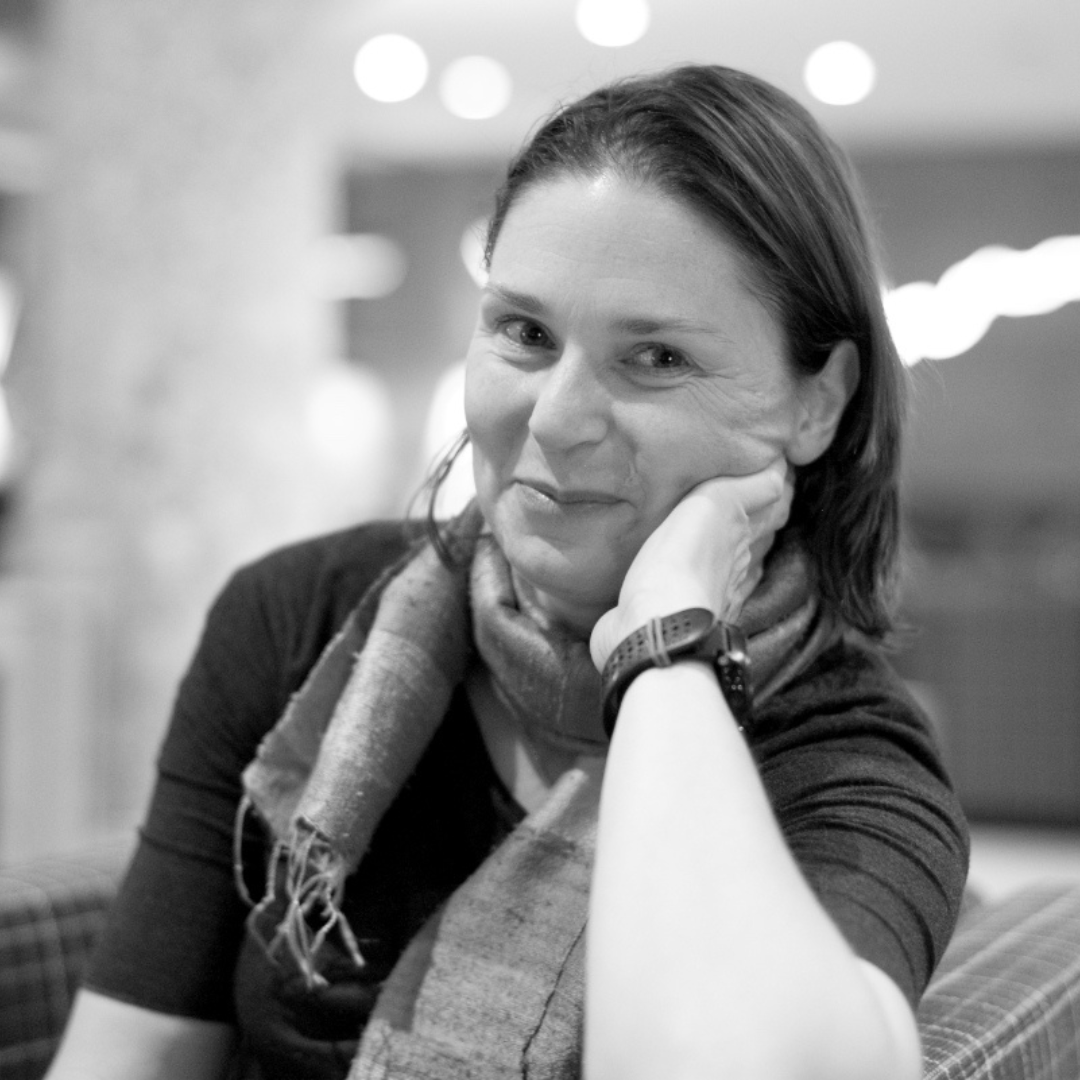
Dr Katharina Bell
Katharina Bell is a clinician-scientist and senior lecturer at the University of Sydney and works as an Ophthalmologist at the Royal Prince Alfred Hospital. Her research focuses on understanding which factors contribute to making retinal ganglion cells more vulnerable with age and to work towards finding more targeted treatment options for different patient groups. She has expertise in both clinical and basic research and is passionate about performing translational research.
She obtained her medical degree in at the Johannes-Gutenberg University Mainz, Germany, where she also underwent her training in Ophthalmology. There, she also gained clinical trial experience covering trials in various ophthalmologic indications. She performed her basic research focused post-Doc at the CIB in Madrid and subsequently performed a Glaucoma Clinical Research Fellowship as SERI in Singapore. She transitioned to University of Sydney in January 2023.
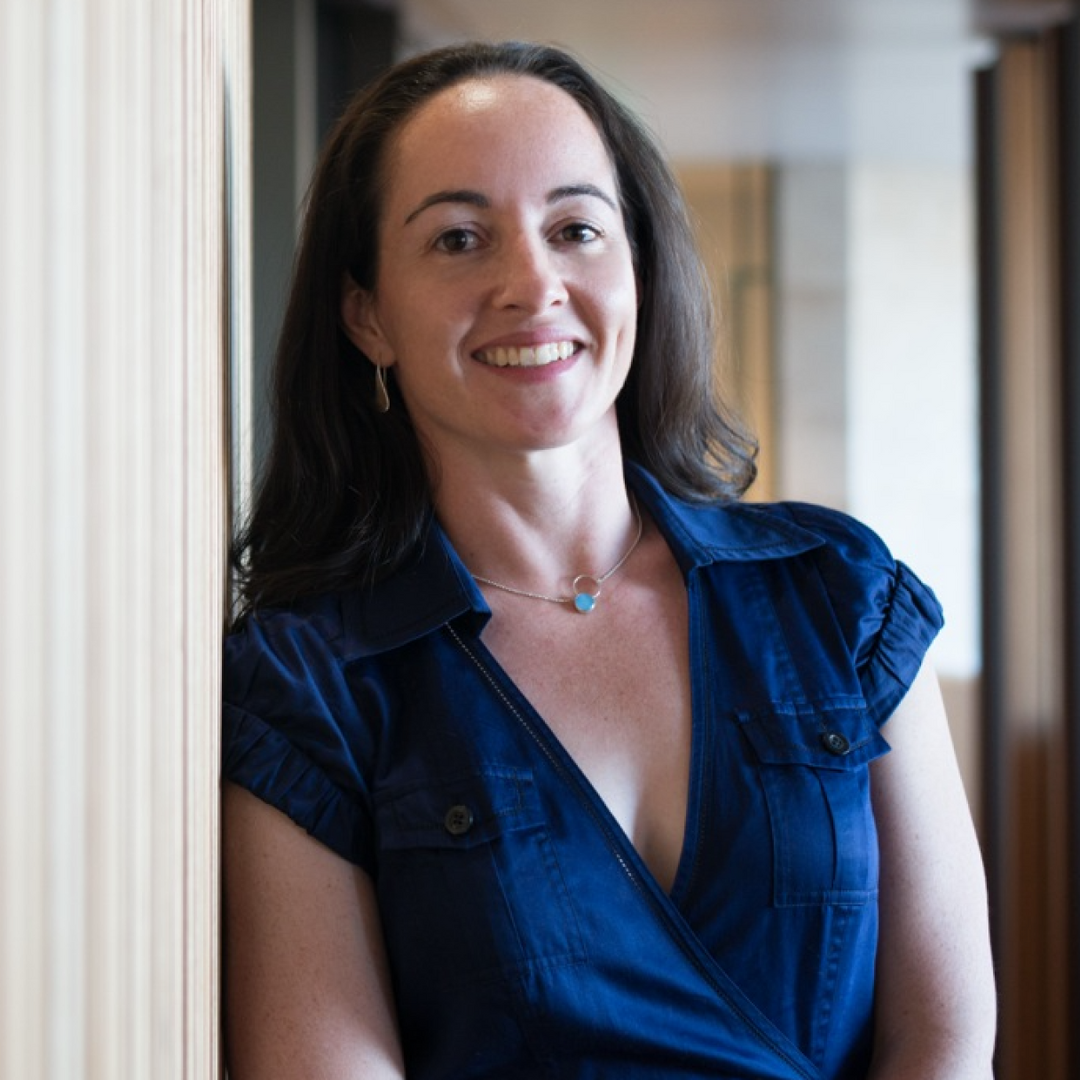
Associate Professor Clare Fraser
Dr Clare Fraser is an ophthalmologist specialising in neuro-ophthalmology, strabismus and visual electrodiagnostics. She is a consultant Visiting Medical Officer at both Sydney Eye Hospital and Liverpool Hospital, and is also in private practice in Sydney. At the University of Sydney, she holds the title of Professor of Neuro-ophthalmology.
She completed ophthalmic training at Sydney Eye Hospital in 2006-2009 and went on to further Neuro-ophthalmic training at Moorfields Eye Hospital and the National Hospital for Neurology, London, England with Dr Gordon Plant for 18 months. In 2011 she completed a research fellowship at Emory Eye Centre, Atlanta, USA, with Drs Nancy Newman and Valerie Biousse.
Dr Fraser is a board director of the Royal Australian and New Zealand College of Ophthalmologists and vice-president of The Neuro-Ophthalmology Society of Australia.
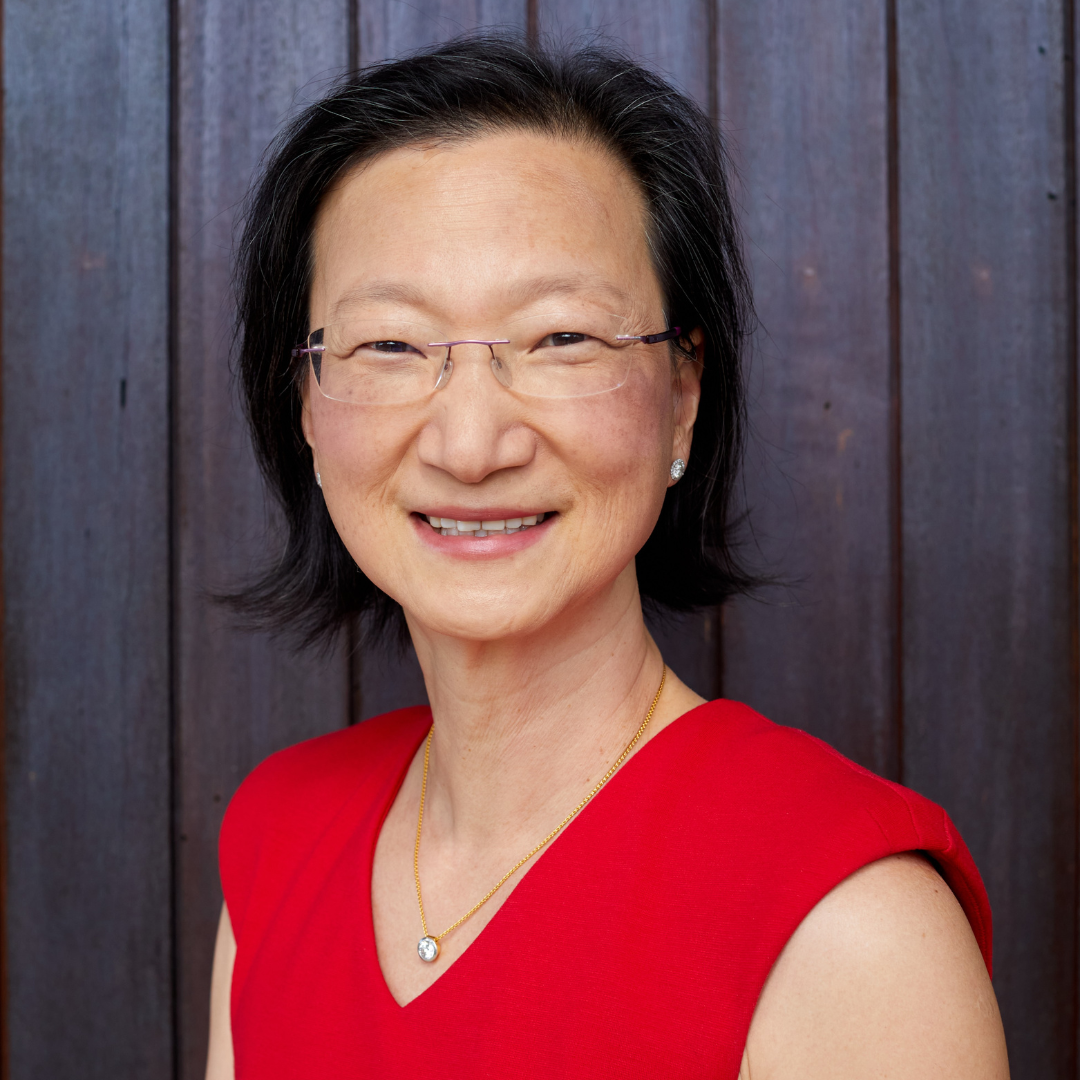
Professor Ridia Lim
Dr Ridia Lim is a senior ophthalmologist, glaucoma sub-specialist and head of the glaucoma unit at Sydney Eye Hospital. She is a clinical senior lecturer at the University of Sydney.
She is dedicated to delivering state of the art medical and surgical glaucoma care to all patients. She is passionate about teaching and has trained many glaucoma fellows from all over the world. She has delivered medical education nationally and internationally via her work with the Sydney Eye Hospital, University of Sydney, RANZCO and Sight For All. She has a strong interest in metabolic health.
She obtained her medical degree at the University of NSW and her Masters in Public Health at the University of Sydney. She furthered her training in Edinburgh and completed her glaucoma fellowship in Oxford, United Kingdom. She has been active in ANZGS, RANZCO and is the lead glaucoma visionary and board director of Sight for All. She is the current Chair of the Medical Staff Council at Sydney Eye Hospital.
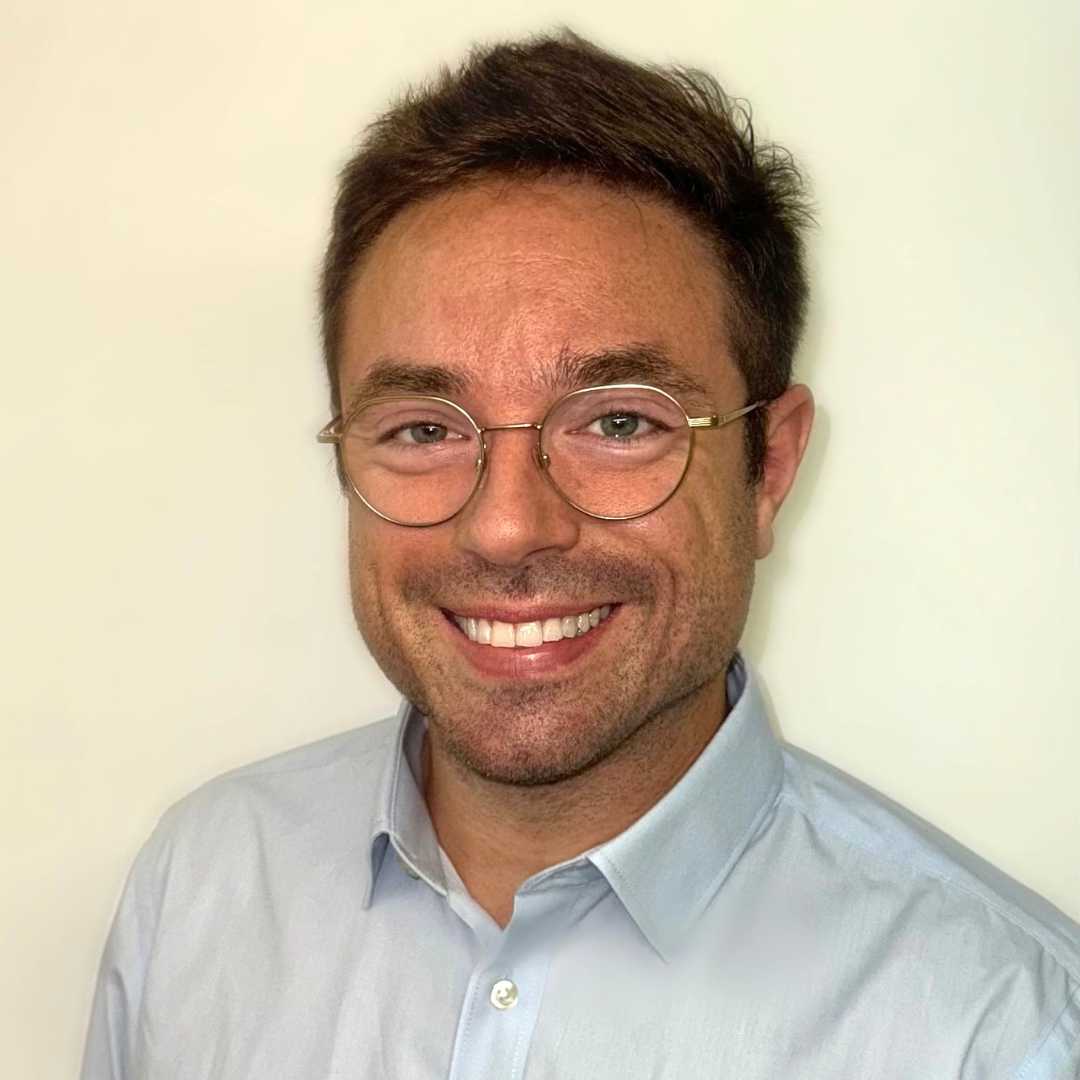
Dr Andrea Loreto
Andrea is a neuroscientist and Research Fellow at the University of Sydney, where he leads the Axon Degeneration Laboratory at the Charles Perkins Centre. His research investigates how impaired energy metabolism contributes to optic nerve diseases, with the goal of developing new therapies to prevent vision loss. By combining fundamental neuroscience with translational research, his work aims to bridge the gap between laboratory discoveries and clinical applications.
Andrea completed his BSc and MSc in medical biotechnology in Italy before earning his PhD from the University of Nottingham. He then undertook postdoctoral training at the University of Cambridge, where he was awarded an early career fellowship from the Wellcome Trust. As part of this fellowship, he continued his research at the Centre for Brain Repair in Cambridge and the Kavli Institute at the University of Oxford. In December 2023, he relocated to Australia to establish his own laboratory at the University of Sydney.
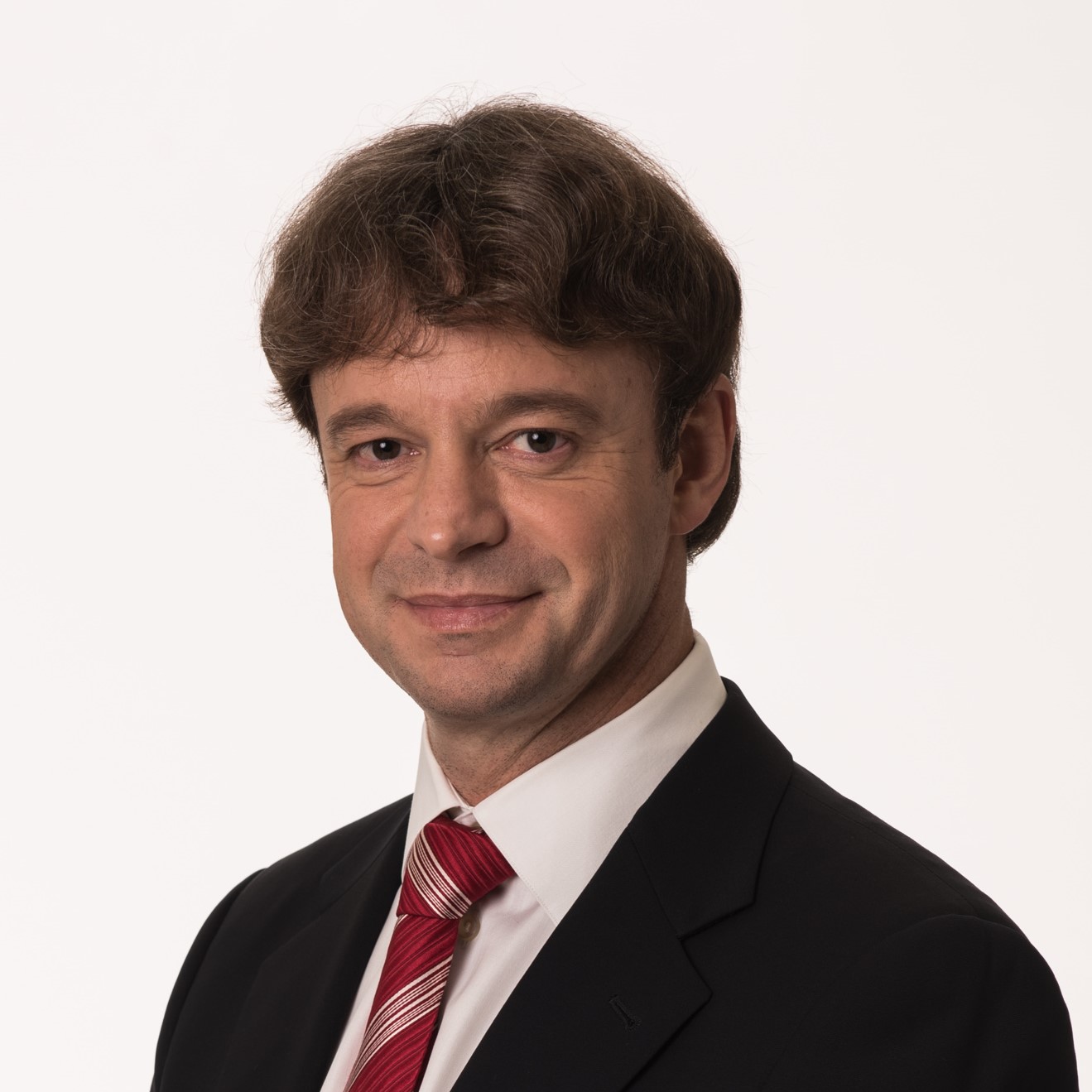
Dr Volker Patzel
Volker is German chemist who received his Ph.D. from the Ruprecht Karls University in Heidelberg and his MBA from the Steinbeis University in Berlin. He was a postdoc at the German Cancer Research Center in Heidelberg and then research group leader at the Max Planck Institute for Infection Biology in Berlin. He joined the National University of Singapore (NUS) in 2009 under the NUS-Cambridge Scheme and is now senior lecturer at NUS. Since more than 30/15 years, his research focusses on RNA technologies/non-viral vectors and their applications towards gene therapy, mitochondrial gene therapy, and genetic vaccination. He is experienced with multidisciplinary R&D projects and pre-clinical drug development. He is a passionate educator who created, coordinates, and teaches multiple courses on biotechnology and entrepreneurship. He also has a strong interest in translational activities, filed 16 patent families and is (Co)-founder of 3 biotech companies in Germany and Singapore holding CSO, director, and chairman positions.
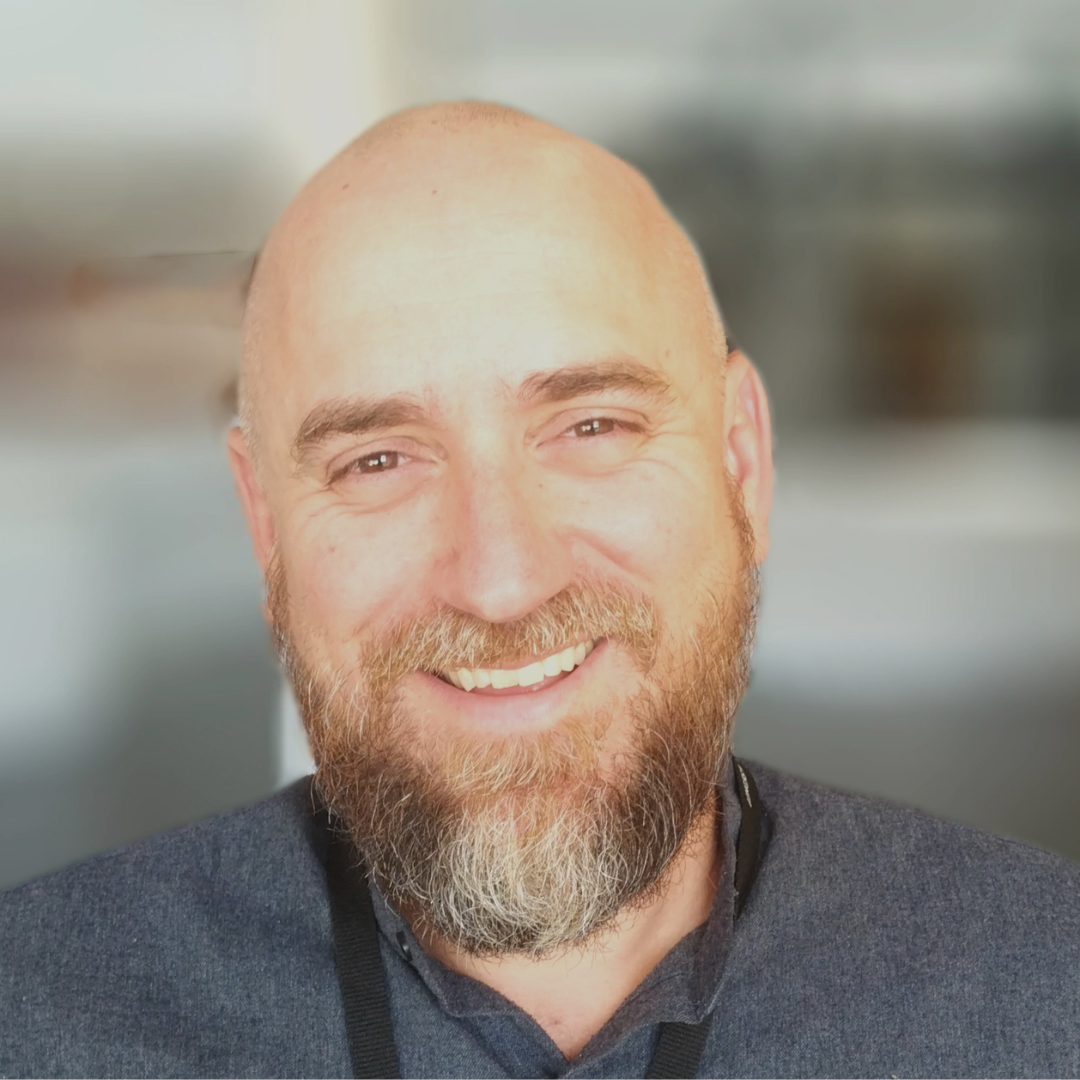
Associate Professor Ben Sivyer
Benjamin is a neuroscientist and Associate Professor at the University of Sydney, where he investigates how retinal circuits process visual information and how these processes are altered by disease. His research combines electrophysiology, neuronal imaging, and molecular tools to reveal how retinal ganglion cells encode the visual world and how these cells succumb to injury in conditions such as glaucoma. His expertise spans experimental and translational research, and he is equally passionate about scientific mentorship and fostering an inclusive environment for emerging scholars in the field.
He obtained his BSc (Hons) and PhD at the University of Queensland, where he studied under David Vaney at the Queensland Brain Institute. He subsequently completed postdoctoral fellowships with Stephen Williams (QBI), Gabe Murphy (HHMI Janelia Research Campus), and Rowland Taylor (OHSU Casey Eye Institute) before joining the faculty at OHSU in 2017. In 2025, he was recruited to the University of Sydney to advance translational research in optic nerve degeneration.
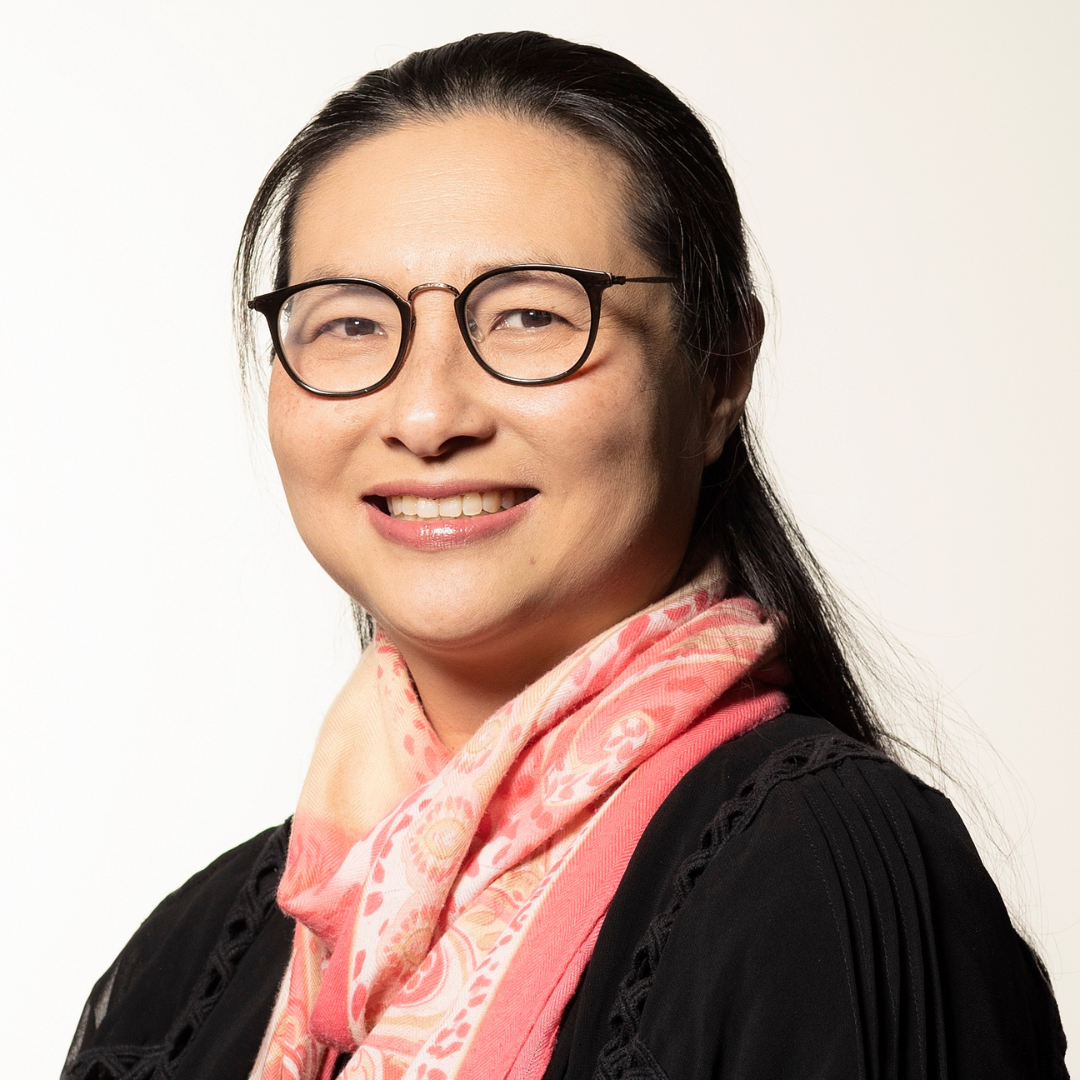
Professor Jean Yang
Jean Yang is an applied statistician with expertise in statistical bioinformatics and Professor of Statistics at the University of Sydney. She is currently the Director of the Sydney Precision Data Science and a NHRMC Investigator Leadership fellow. She was awarded the 2015 Moran Medal in statistics from the Australian Academy of Science in recognition of her work on developing methods for molecular data arising in cutting edge biomedical research. In 2022, she was elected a Senior Fellow of the Australian Bioinformatics and Computational Biology Society. Her research stands at the interface between medicine and methodology development and centres on the development of methods and the application of statistics to problems in -omics and biomedical research.